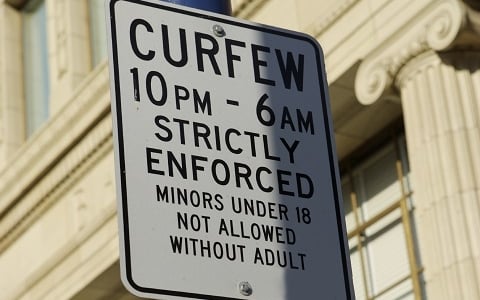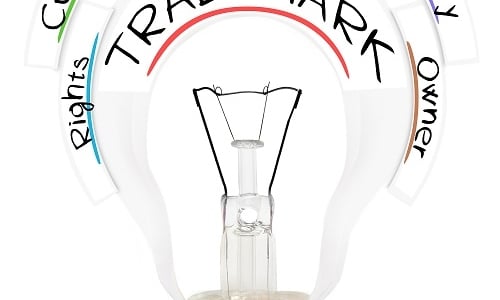Q: What will happen if I’m arrested?
A: You can expect to be searched for weapons by the police and taken to a police station. You will be advised of your “Miranda Rights” which are rights established under the United States Constitution. You have the right to not answer any questions from the police and to have a lawyer present. You can immediately ask for an attorney to be present and once you do so, the police are no longer allowed to question you.
Q: What basic things should I remember if I’m arrested?
A: Once you have identified yourself, you may refuse to make any statement or discuss the case with anyone. On the other hand, you may choose to answer questions, sign papers, or take tests. Remember that any information you give voluntarily can be used as evidence against you in court. Law enforcement officers cannot use force or threaten you to make you answer questions and cannot offer leniency in exchange for any written or verbal statements.
Q: What if I’m arrested and can’t afford to hire a lawyer?
A: If you can’t afford a lawyer, the first thing to tell the court at your initial appearance is that you wish to have a lawyer appointed.
Q: How soon after being arrested will I be allowed to appear before a judge?
A: After you are arrested and processed, you must be brought before a judge for an “initial appearance” within 24 hours.
Q: What is bail and when is it offered?
A: A: Bail is the amount of money someone accused of a crime must pay to be released from custody until their trial. Unless the offense is one that falls within the exceptions set forth in the Arizona Constitution or statutes, a judge must set bail. The bail amount and rules are set by the court. (A.R.S. §13-3856).
Q: Is there a difference between state and federal crimes? Are federal crimes more serious?
A: Federal crimes are not necessarily more serious. However, most federal crimes are felonies and are punishable by over one year’s imprisonment. Common federal crimes include:
- Transporting a stolen vehicle across state lines
- Making a false statement to the government with the intent to defraud
- Mailing items that are obscene
- Transporting or importing drugs
- Forgery of government checks
- Possession of stolen mail and of items, such as credit cards, which have been stolen from the mail
- Robbery or burglary of a bank or savings and loan institution
In addition, the federal courts will punish violations of all state laws when committed on federal government property, such as a national park or a federal office building.
Q: Can a criminal record be sealed?
A: Yes, a record may be sealed either by law or by motion (Arizona Supreme Court Rule 123), but this is not automatic. A person convicted of a crime, either as a juvenile or an adult, has a criminal record for the rest of their life. Under some circumstances the juvenile adjudication may be set aside (A.R.S. §8-348), or the juvenile court and department of juvenile correction records may be destroyed (A.R.S. §8-349). Adults may also request to have their conviction set aside (A.R.S. §13-905). However, a record will still exist in the criminal justice system.
Laws may have changed since the last time this article was updated. The current and most up-to-date laws can be accessed here.














